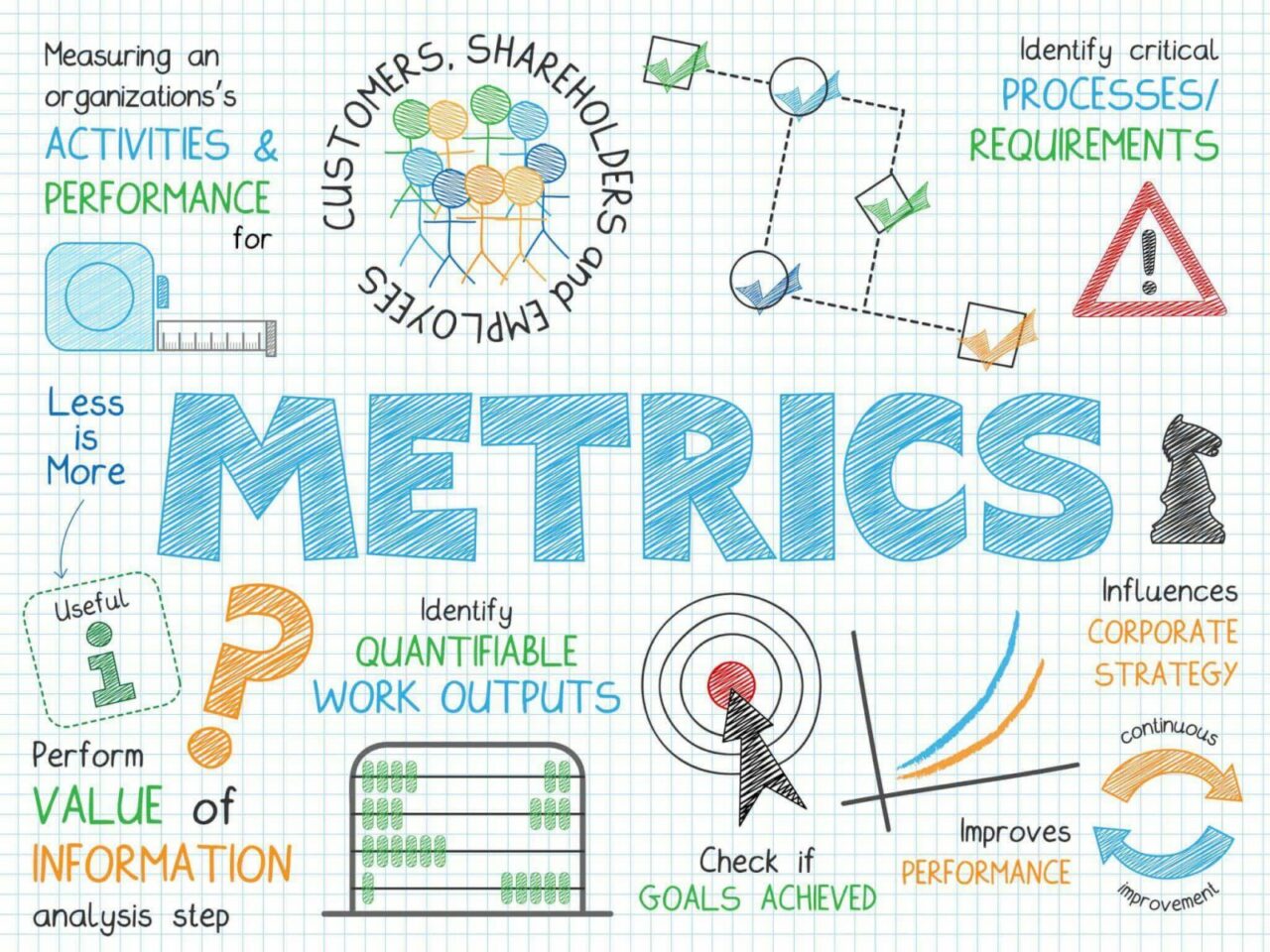
The Most Important Metrics Business Intelligence Software Tracks
In today’s fast-paced and competitive business landscape, organizations must make data-driven decisions to stay ahead of the curve. Business intelligence (BI) software plays a crucial role in this process by providing insights into key performance indicators (KPIs) and metrics that drive business success. In this article, we will explore the most important metrics that business intelligence software tracks, and how these metrics can help organizations achieve their goals.
Introduction to Business Intelligence Software
Business intelligence software is a set of tools and applications that enable organizations to collect, analyze, and visualize data from various sources. The primary goal of BI software is to provide actionable insights that inform business decisions, drive growth, and improve efficiency. BI software can be used in various aspects of an organization, including sales, marketing, finance, and operations.
Key Metrics Tracked by Business Intelligence Software
Business intelligence software tracks a wide range of metrics, but some are more important than others. Here are some of the most critical metrics that BI software tracks:
- Revenue Growth: Revenue growth is a key metric that indicates the overall health and success of an organization. BI software tracks revenue growth over time, providing insights into sales trends, customer acquisition costs, and product profitability.
- Customer Acquisition Cost (CAC): CAC is the cost of acquiring a new customer, including marketing and sales expenses. BI software tracks CAC to help organizations optimize their customer acquisition strategies and improve ROI.
- Customer Lifetime Value (CLV): CLV is the total value of a customer over their lifetime, including repeat business and referrals. BI software tracks CLV to help organizations prioritize customer retention and loyalty programs.
- Conversion Rates: Conversion rates measure the percentage of customers who complete a desired action, such as making a purchase or filling out a form. BI software tracks conversion rates to help organizations optimize their marketing campaigns and sales funnels.
- Return on Investment (ROI): ROI measures the return on investment for a particular campaign or initiative. BI software tracks ROI to help organizations evaluate the effectiveness of their marketing and sales strategies.
- Customer Satisfaction (CSAT): CSAT measures the level of satisfaction among customers, including feedback and ratings. BI software tracks CSAT to help organizations improve customer experience and loyalty.
- Employee Productivity: Employee productivity measures the output and efficiency of employees, including metrics such as sales per employee and customer satisfaction per employee. BI software tracks employee productivity to help organizations optimize their workforce and improve overall performance.
- Inventory Management: Inventory management metrics track the level of inventory, including stock levels, turnover rates, and supply chain efficiency. BI software tracks inventory management metrics to help organizations optimize their supply chain and reduce waste.
- Financial Performance: Financial performance metrics track an organization’s financial health, including revenue, expenses, profits, and cash flow. BI software tracks financial performance metrics to help organizations make informed decisions about investments, funding, and resource allocation.
- Market Share: Market share metrics track an organization’s position in the market, including market size, growth, and competition. BI software tracks market share metrics to help organizations evaluate their competitive position and identify opportunities for growth.
Benefits of Tracking Key Metrics with Business Intelligence Software
Tracking key metrics with business intelligence software provides numerous benefits, including:
- Improved Decision-Making: BI software provides actionable insights that inform business decisions, reducing the risk of errors and improving overall performance.
- Increased Efficiency: BI software automates the process of data collection and analysis, freeing up resources for more strategic and creative work.
- Enhanced Customer Experience: BI software provides insights into customer behavior and preferences, enabling organizations to tailor their marketing and sales strategies to meet customer needs.
- Competitive Advantage: BI software helps organizations stay ahead of the competition by providing insights into market trends, customer behavior, and competitive positioning.
- Reduced Costs: BI software helps organizations optimize their operations, reduce waste, and improve resource allocation, resulting in cost savings and improved profitability.
Best Practices for Implementing Business Intelligence Software
To get the most out of business intelligence software, organizations should follow these best practices:
- Define Clear Goals and Objectives: Identify the key metrics and KPIs that align with business objectives and goals.
- Choose the Right Software: Select a BI software that meets the organization’s needs and integrates with existing systems and data sources.
- Train and Support Users: Provide training and support to users to ensure they can effectively use the BI software and interpret the insights provided.
- Monitor and Evaluate Performance: Regularly monitor and evaluate performance metrics to identify areas for improvement and optimize business strategies.
- Continuously Refine and Improve: Continuously refine and improve the BI software and metrics to ensure they remain aligned with business objectives and goals.
Conclusion
Business intelligence software plays a critical role in helping organizations make data-driven decisions and drive business success. By tracking key metrics such as revenue growth, customer acquisition cost, customer lifetime value, and conversion rates, organizations can gain insights into their performance and identify areas for improvement. By following best practices for implementing BI software, organizations can unlock the full potential of their data and achieve their goals. Whether you are a small business or a large enterprise, business intelligence software can help you gain a competitive edge and drive long-term success.
Closure
Thus, we hope this article has provided valuable insights into The Most Important Metrics Business Intelligence Software Tracks. We hope you find this article informative and beneficial. See you in our next article!


